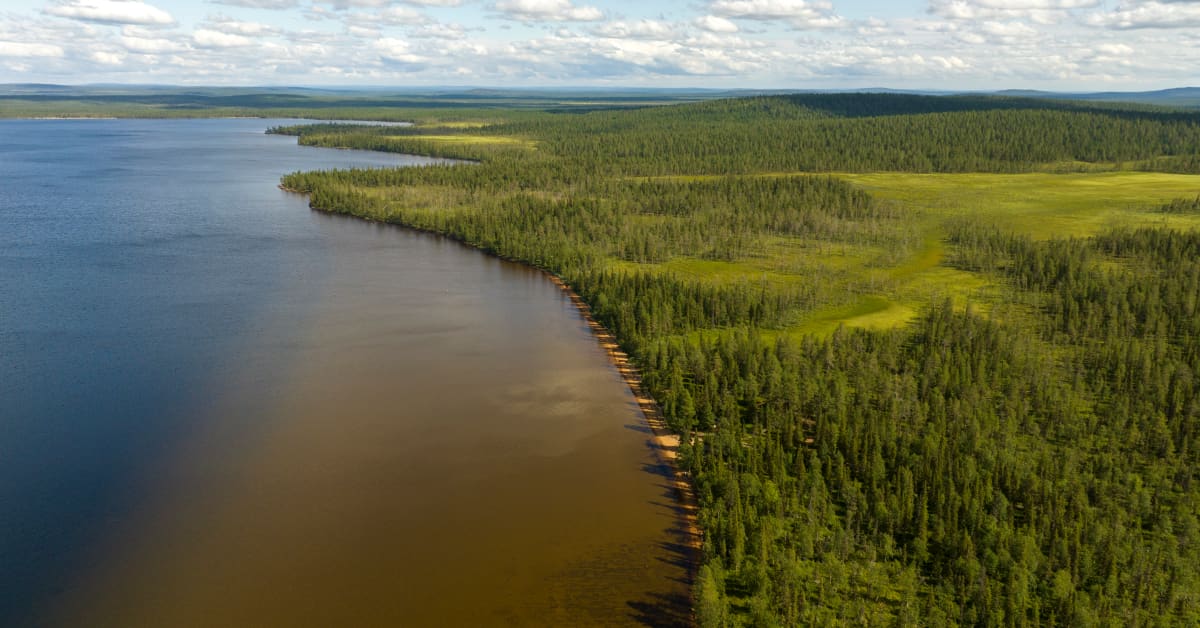Hikers visiting the Pallas-Yllästunturi National Park may notice that the area has hardly any rubbish bins. The move is part of an effort to promote litter-free hiking, according to Metsähallitus Outdoor Recreation and Visitor Manager Pekka Sulkava.
Park management removed the bins previously located in rest areas as well as shelters and lodges along the Pallas-Hetta route last winter. The goal is for all bins to be removed by next year.
According to Sulkava, the practice of hiking without leaving litter behind is steadily gaining popularity in Finland.
“Nature centres have also promoted the idea of litter-free hiking and sold plastic bags for carrying litter so that they don’t get scattered in people’s rucksacks. People have been buying the bags and at the moment it seems that the amount of rubbish at the park’s break areas has clearly decreased,” Sulkava said, adding that he has noticed a change in hikers’ attitudes towards littering in the past decades.
Finland’s natural resource management firm Metsähallitus says that the move has been welcomed by parkgoers.
“Litter-free hiking has become the norm, that everything brought gets taken away and that nothing is left here,” Tuuli-Anna Tuohimaa a hiker from the city of Pudasjärvi, near Oulu, told Yle.
“And you don’t really see any rubbish along the trails, seems like it has become a given,” co-hiker Jaakko Matero added.
Park rangers have also been installing more informational signs within parks and transitioning from traditional outdoor restrooms to ones that are more cost-effective to purchase and simpler to upkeep. All toilets have also been made unisex, meaning that they are no longer separated by gender.
“The unisex model means that the toilets get used more evenly, which reduces the need for maintenance and costs,” Sulkava noted, adding that “overall, the feedback has really improved this year.”
The number of visits to Finland’s national parks has levelled off from the record set in 2021. Some 595,000 people visited the Pallas-Yllästunturi National Park in 2022, down from nearly 700,000 in 2021.



Success will definitely depend on if the number of people who take their stuff with them outnumber the people who will just litter instead. There are some trails by my parent’s house, and when they took away (most of, not even all of) the trash cans to try to reduce litter and garbage from animals getting into the trash, the amount of litter on the trails noticably increased.